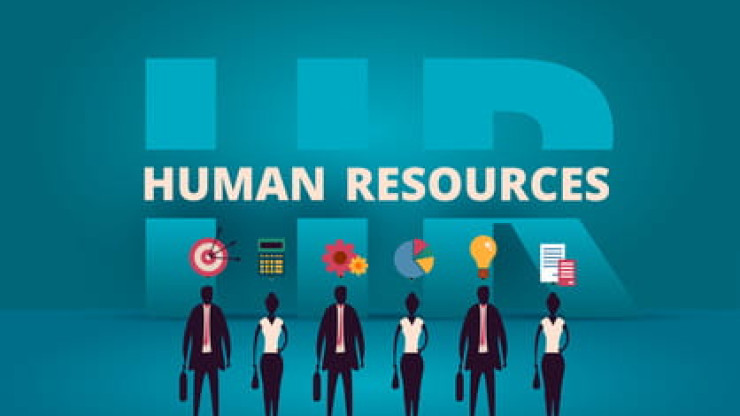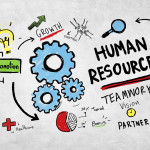Unlocking Growth: The Crucial Role of HR for SME Owners

Umair Durrani
Mar 15, 2024
118
In the dynamic landscape of small and medium-sized enterprises (SMEs), every resource plays a pivotal role in driving growth and success. While many SME owners prioritize aspects like product development, marketing strategies, and financial management, the importance of Human Resources (HR) often goes unnoticed. However, investing in HR can be a game-changer for SMEs, leading to enhanced productivity, employee satisfaction, and overall business performance.
Why HR Matters for SME Owners
Talent Acquisition and Retention: HR professionals are adept at identifying and attracting top talent to your organization. They streamline the recruitment process, conduct interviews, and ensure that the right candidates are selected for key positions. Moreover, HR plays a crucial role in employee retention by implementing effective retention strategies, conducting exit interviews, and addressing employee concerns promptly.
Employee Development and Training: A skilled workforce is a cornerstone of business success. HR facilitates employee development programs, training sessions, and workshops to enhance the skills and knowledge of your team. This not only improves individual performance but also contributes to a culture of continuous learning and growth within your organization.
Compliance and Risk Management: Navigating the complex landscape of employment laws, regulations, and compliance requirements can be daunting for SME owners. HR professionals stay updated with the latest legal requirements and ensure that your business adheres to all regulations related to employment contracts, workplace safety, discrimination policies, and more. This proactive approach mitigates legal risks and protects your business from potential liabilities.
Performance Evaluation and Feedback: Regular performance evaluations are essential for assessing employee performance, identifying areas for improvement, and recognizing outstanding contributions. HR develops performance appraisal systems, gathers feedback from managers and peers, and provides constructive feedback to employees. This fosters a culture of accountability, transparency, and continuous improvement.
Employee Engagement and Well-being: Engaged and satisfied employees are more productive, motivated, and committed to achieving organizational goals. HR implements initiatives to enhance employee engagement, such as team-building activities, wellness programs, recognition programs, and open communication channels. By prioritizing employee well-being and satisfaction, HR contributes to a positive work environment and reduces turnover rates.
The Bottom Line
For SME owners, HR is not just a support function but a strategic asset that drives business growth and sustainability. By investing in HR capabilities, SMEs can unlock numerous benefits, including:
- Improved recruitment outcomes and talent retention.
- Enhanced employee productivity, performance, and morale.
- Mitigation of legal risks and compliance challenges.
- Development of a positive workplace culture and employee engagement.
- Strategic workforce planning and succession management.
In conclusion, recognizing the importance of HR and integrating HR practices into your business strategy is essential for SME owners who aspire to achieve long-term success, profitability, and competitive advantage in today's market.
If you're an SME owner looking to optimize your HR practices and unlock your business's full potential, consider partnering with HR experts or consulting firms specializing in HR solutions tailored to SMEs. Your investment in HR will pay dividends in terms of organizational efficiency, employee satisfaction, and sustainable growth.








